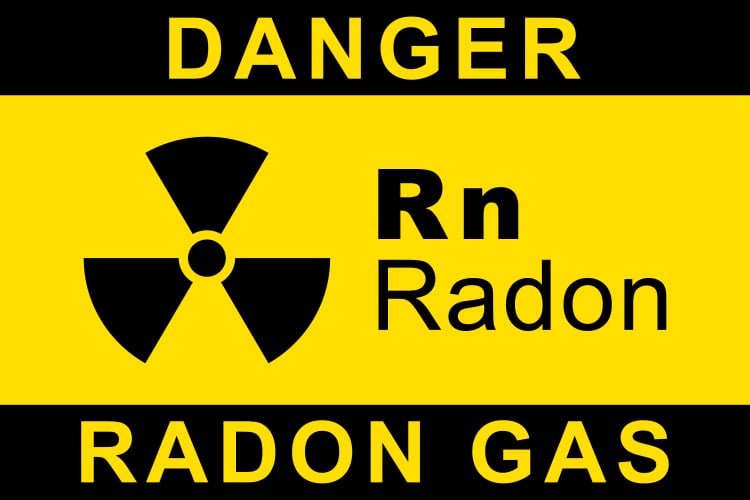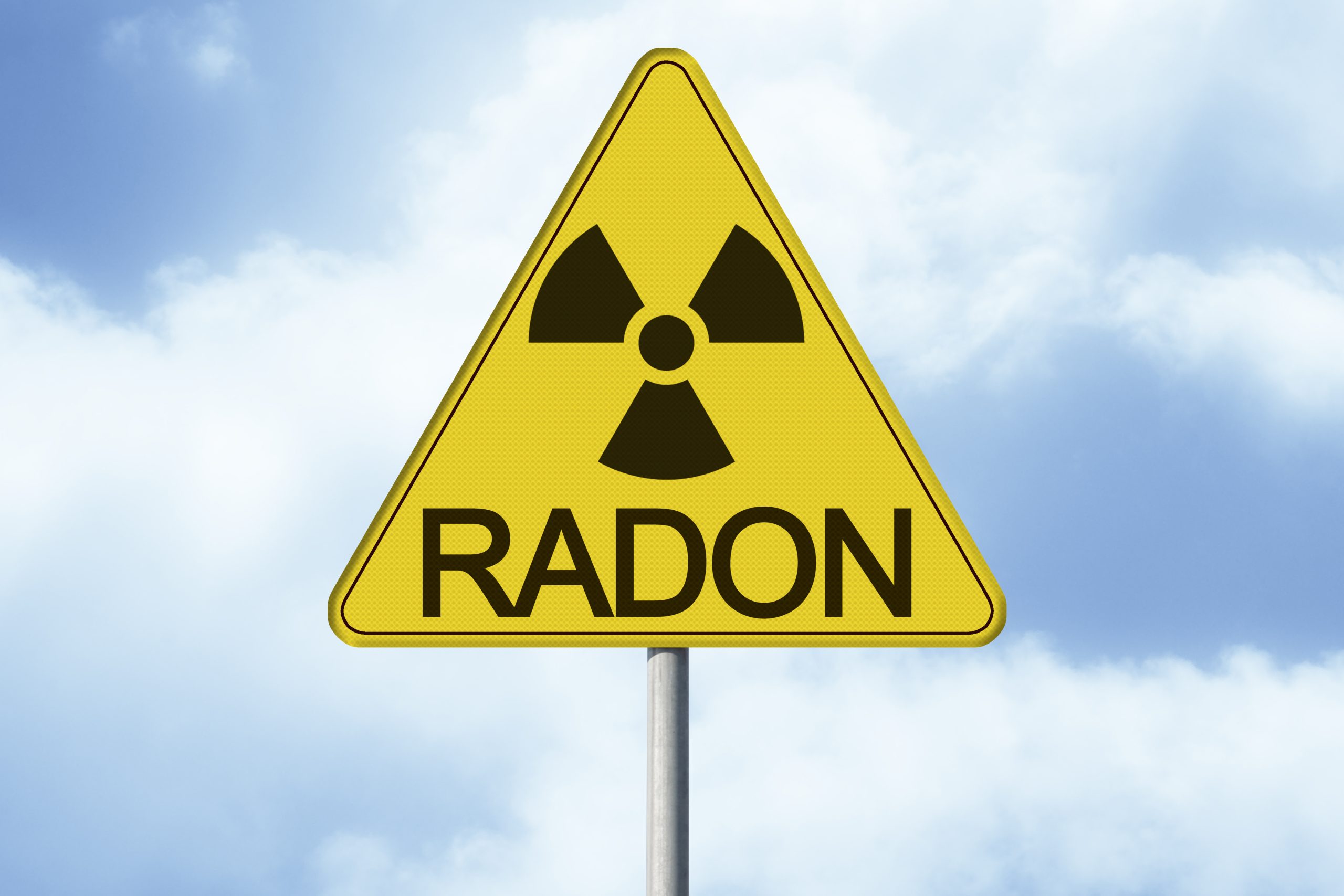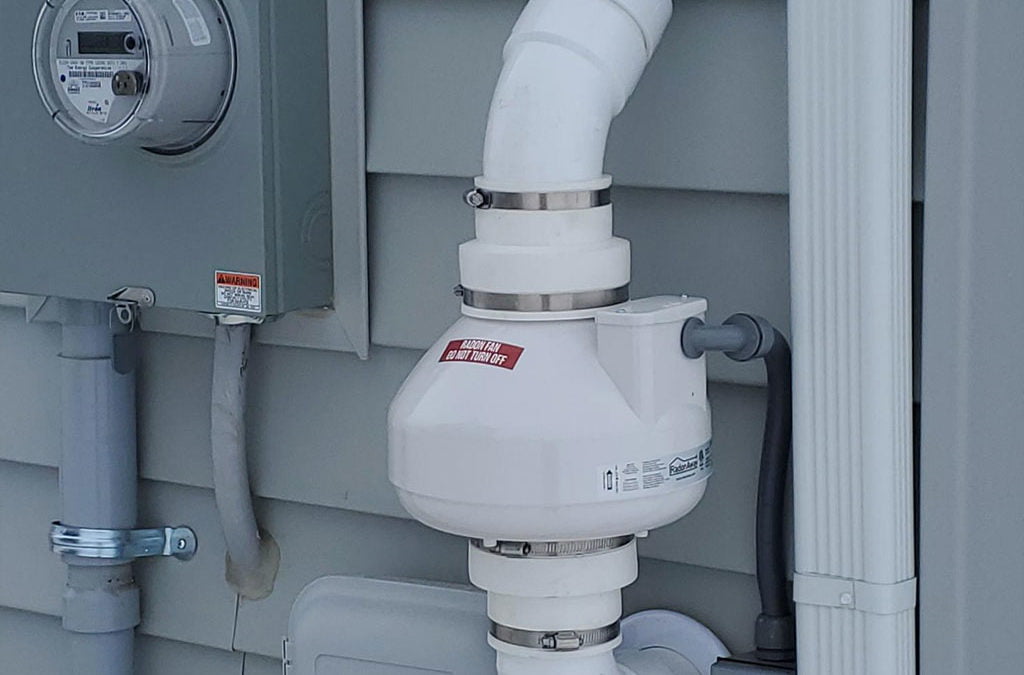Radon is a hazardous, naturally occurring radioactive gas that can seep into homes and buildings from the ground. It is a colorless, odorless, and tasteless gas that can accumulate in enclosed spaces without homeowners’ knowledge. Long-term exposure to elevated radon levels has been associated with an increased risk of lung cancer, making it a significant concern for homeowners and building occupants.
Table of Contents
The Dangers of Radon
Radon is a radioactive gas that forms as a result of the natural breakdown of uranium in soil, rock, and water. It can enter buildings through cracks in the foundation, floor drains, and other openings, posing a significant health risk to occupants.
The Environmental Protection Agency (EPA), the World Health Organization (WHO), the American Lung Association, and the American Medical Association all recognize radon’s harmful effects on human health.
While some individuals have claimed that radon is not a significant health concern, reputable organizations have consistently emphasized the importance of radon testing and mitigation.
Radon-induced lung cancer is a serious issue, with the National Cancer Institute highlighting the importance of addressing high radon levels promptly to protect against potential lung cancer risks.
Radon Testing and Mitigation
Radon testing is now more accessible and affordable than ever, with accurate digital radon detectors providing reliable readings after 30 days of continuous monitoring.
While it may be tempting to use charcoal tests, these tests are more like a snapshot of your radon levels, and not continuous readings like the ones provided by digital detectors.
Radon problems can be addressed in most homes, with approximately 6% of homes having radon levels that require mitigation. Various solutions, such as sealing foundation faults or installing radon mitigation systems, can effectively reduce radon concentrations in homes.
Radon levels are not influenced by the type of home construction and can vary significantly even within the same neighborhood. All homeowners need to test for radon regardless of the region they live in to ensure their safety.
Water Radon Tests
Water radon tests should follow air radon tests, with public water supplies typically tested for radon levels.
Private well owners may consider water radon testing, but the primary concern is airborne radon, which is more hazardous than waterborne radon.
Radon Mitigation Systems
Radon mitigation systems can effectively reduce radon concentrations in homes. These systems typically involve the installation of a pipe and fan system that draws radon from beneath the home and vents it outside.
A qualified radon mitigation contractor should install these systems to ensure their effectiveness and safety.
Radon Mitigation and Home Value
Addressing radon issues and installing radon mitigation systems can increase the home’s value and make it more attractive to potential buyers.
Homeowners who have addressed radon issues can provide potential buyers with peace of mind, knowing that the home is safe from radon-induced health risks.
Fluctuating Radon Levels
Radon levels can fluctuate with the seasons, with higher levels commonly found in winter months. Short-term tests can be an initial indicator of potential radon issues, but these tests are still only short snapshots of your radon levels throughout the year.
Long-term testing is essential to ensure accurate and reliable radon level readings.
Conclusion
Radon is a serious health concern that can pose a significant risk to homeowners and building occupants. Long-term exposure to elevated radon levels has been associated with an increased risk of lung cancer, making it essential for homeowners to take proactive measures to test and mitigate radon levels in their homes.
Radon testing and mitigation are accessible and affordable, with various solutions available to address radon issues in most homes. Radon mitigation systems can effectively reduce radon concentrations, and addressing radon issues can increase the home’s value and make it more attractive to potential buyers.
By taking proactive measures to test and mitigate radon levels, homeowners can protect their health and the health of their loved ones. It is never too late to take action against radon, and the longer the exposure, the higher the health risks.
FAQs
What is radon?
Radon is a hazardous, naturally occurring radioactive gas that can seep into homes and buildings from the ground. It is a colorless, odorless, and tasteless gas that can accumulate in enclosed spaces without homeowners’ knowledge.
How does radon enter homes?
Radon can enter homes through cracks in the foundation, floor drains, and other openings.
Is radon testing necessary?
Yes, radon testing is necessary to ensure that your home is safe from radon-induced health risks.
What is a radon mitigation system?
A radon mitigation system is a system that effectively reduces radon concentrations in homes. These systems typically involve the installation of a pipe and fan system that draws radon from beneath the home and vents it outside.
Can radon mitigation systems increase home value?
Yes, addressing radon issues and installing radon mitigation systems can increase the home’s value and make it more attractive to potential buyers.
Can radon levels fluctuate with the seasons?
Yes, radon levels can fluctuate with the seasons, with higher levels commonly found in winter months.
How long does it take to test for radon?
Digital radon detectors can provide reliable readings after 30 days of continuous monitoring.
Is water radon testing necessary?
Water radon tests should follow air radon tests, with public water supplies typically tested for radon levels. Private well owners may consider water radon testing, but the primary concern is airborne radon, which is more hazardous than waterborne radon.
How does radon affect human health?
Long-term exposure to elevated radon levels has been associated with an increased risk of lung cancer, making it essential for homeowners to take proactive measures to test and mitigate radon levels in their homes.
Is it too late to take action against radon?
No, it is never too late to take action against radon. The longer the exposure, the higher the health risks.





